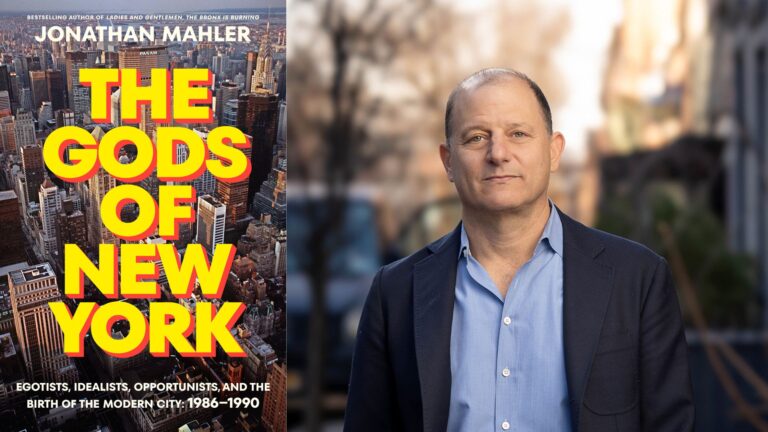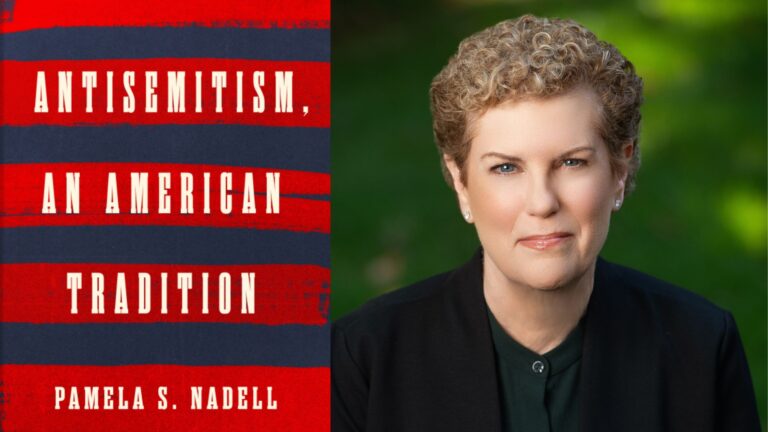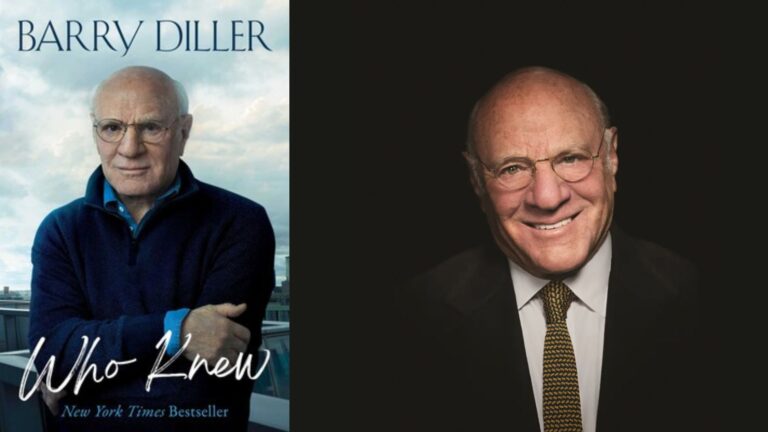This program originally aired online via Zoom on Thursday, May 22nd, 2025, at 12:30 pm Eastern.
Julie Salamon, a New York Times bestselling author, interviewed author and critic David Denby about his latest book, Eminent Jews: Bernstein, Brooks, Friedan, Mailer. The four subjects of David’s book are all united by a shared experience of being born just after World War I and emerging as professionals after World War II in a time of reduced antisemitism when American Jews were doing well economically. Responding to this climate, each one of these individuals created culturally significant work that had a lasting impact on American Jewish behavior and self-expression.
Leonard Bernstein was a political liberal who used his leadership in music to challenge cultural stigmas. He took over the New York Philharmonic from 1958 to 1969, at one point taking the Philharmonic to Berlin, where he addressed an audience of students in Hebrew. Leonard was artistically intrigued by the Torah and Jewish culture, but he was skeptical of the Jewish god.
Mel Brooks is a well-read liberal who unabashedly uses his personality and humor to entertain millions. Mel’s ancestral background connects him to a Russian Jewish culture that celebrates vulgarity and theatricality and delights in shocking audiences. This is in contrast to a German Jewish ancestral background that manifested in a culture of people primarily concerned with propriety, assimilation, and fitting in.
Betty Friedan began writing for left-wing trade union newspapers before transitioning to women’s magazines and eventually publishing her books, including The Feminine Mystique. Betty resented the reduced status of feminism in Judaism and was known to have fierce reactions to any displays of antisemitism. Betty felt a sense of shame for feeling that her cultural impact could have been greater, given her privilege.
Norman Mailer chronicled some of the key political icons of the 20th century. While remembered by some as a charismatic flirt, in 1960, Mailer was arrested for stabbing his second wife. Denby argues that Mailer invented the personal “bad Jewish boy” out of shame for not living up to his potential.
Denby’s parents were children of immigrants who worked in the garment industry. He grew up in a Jewish middle-class environment but didn’t feel that being Jewish was a critical part of his emotional identity until well into adulthood. He finds that the nature of a monotheistic god creates a kind of worldview that has impacted all Jewish people, regardless of their level of observance or faith. He believes a connection to Jewish history unites all Jews.
Topics covered in this discussion: David Levine, The Feminine Mystique, Jewish cultural impact, Jewish impact on feminism, Jewish comedy, Jewish literature, liberation of the Jewish body, Jewish self-expression, satire, parody, traumas of American life, Sigmund Freud.






